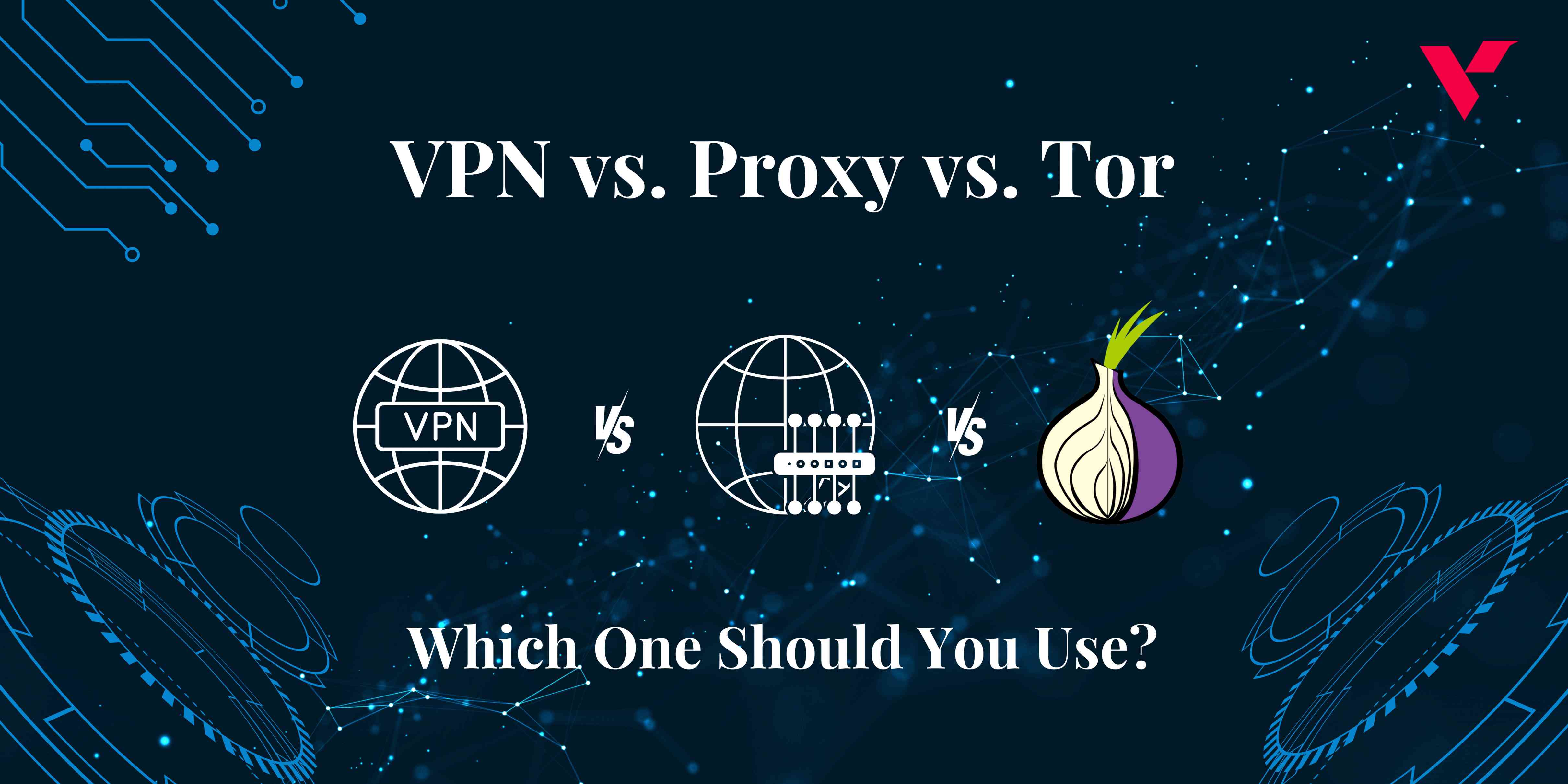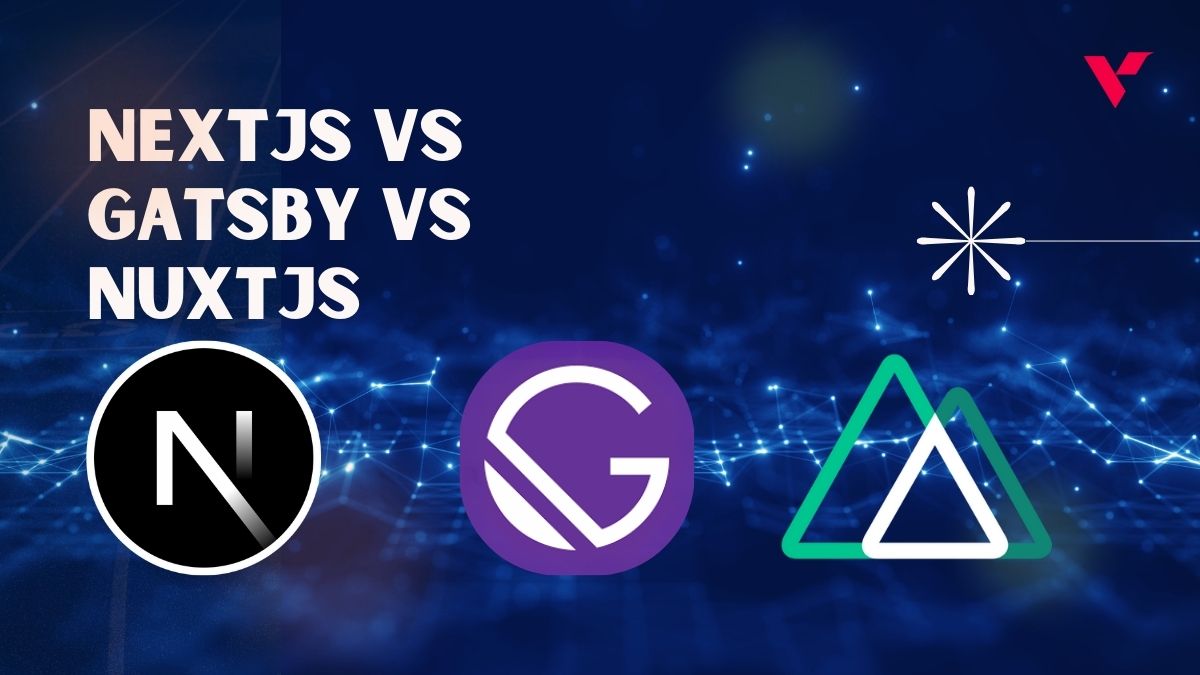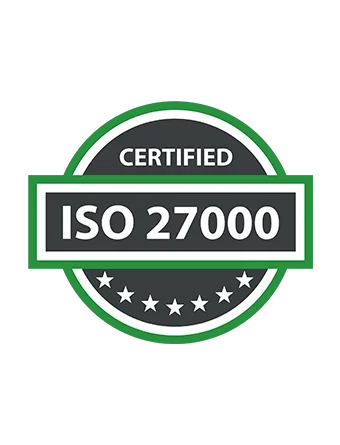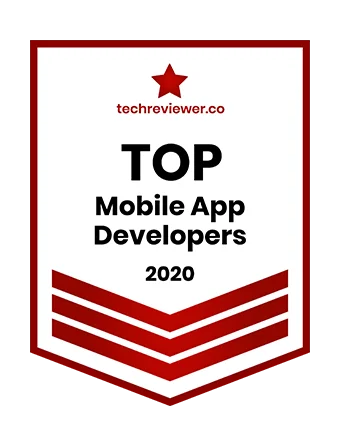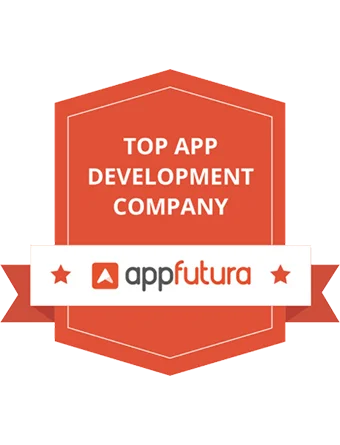Popular Tools by VOCSO
A 2017 report revealed that IOS and Android combined hold 96% of the global App market, while the remaining include the other not so popular platforms. So, from the above figure, it is straightforward to deduce that the mentioned platforms dominate the App industry worldwide.
iOS vs. Android is a long-going battle, and it is expected that this would never end. This is why businesses are still perplexed, which platform is best-suited for their upcoming venture.
Neither of the platforms is better than the other one. Both iOS and Android mobile operating systems have their own set of pros & shortcomings, and those need to be weighed to make the best decision.
The majority of the businesses are still not clear which platform they must prefer when building a mobile application. From a financial point of view, iOS overpowers Android in terms of revenue, but there is a lot to the story when it comes to selecting the right platform that you can be really proud of.
In this post, we’ll take you on a journey that provides you a deep understanding of iOS and Android, and solve your long-standing dilemma. So, let’s check out the key differences between iPhone and Android App Development
Table of Contents
1. The Programming Language
There is a notable difference between the Android App Development and the iPhone App Development when it comes to the coding language. Java is the primary programming language to code Android-based applications. The Java coding is not easy, and it involves a lot of complicated, long codes to create different functionality within the Application.
On the flip side, Swift is an advanced language to code iOS applications, and this has significantly reduced the burden off the shoulder of iOS App developers. Swift coding makes it easier and faster to build Ios Applications in comparison to Java for Android. It requires more time for mobile App coders develop applications with the Java programming language rather than the Swift.
The Swift first came into the scene in the year 2014, and from there on, it has strengthened the case for the iOS platform to be preferred over the Android development.
To overcome the limitations of the Java programming language, Kotlin is an advanced language for developing Android-powered applications.
2. The Availability of the Integrated Development Environment
Now, another major difference lies in the IDE availability. Eclipse Tool is best-suited for Android-based applications, and this was powered by Google. Later, the tech giant released Studio that was empowered with an array of possibilities, covering cross-platform development and latest functionality within the Application.
On the other hand, CodeX is the most preferred Integrated Development Environment tool for iOS-based Application. This is a powerful and dynamic IDE that comes with a myriad of functionality to build a bespoke application that meets its primary goals.
3. The Target Audience
The Google-powered platform Android has a vast hold over the market share compared to the iOS platform. However, the iOS users have shown greater App engagement, and they spend more on Ios play store. Another demographic about the Android platform is that the majority of its users are male, while female dominates the Ios. So, you got to look at a depth of the demographics before selecting the right mobile platform. Here, you can also hold a conversation with an offshore trusted App development company to offer you the right guidance.
4. The Pace of Development
Since the Android App Development is done with the use of complex coding language Java, it takes 30-40% extra time when developing an Android App in comparison to an iOS application. So, to boil down, if time is a consideration when you are thinking of having a dedicated mobile app for your business, then in the case, Android is an easy preference.
5. The Development Cost
Did you know iPhone app development cost is usually 10 or 15% higher than the Android App development?
Another factor of significant importance that cannot be undermined is the development cost building a smartphone application. While, it is not easy to deduce which platform is cheaper than the other, but Android, in this case, slightly holds the edge.
Two factors very much influence the development cost of a smartphone application, one is your business needs, and second, being the functionality or features, you expect in the Application. Before you make the final decision which platform to prefer for your upcoming project, it is a no-brainer to speak to more than one development company. You can obtain a rough estimate from each for building the same Application on both the platforms separately, compare them to make a well-informed decision.
6. Speed of Deployment
In terms of deployment, the Google-based App store lets you deploy the Android App faster, whereas Apple store takes time. Did you know why? The Android Apps are tested in an automated manner by the Google-developed algorithm. On the other hand, the iOS applications are self-verified by professionals before deploying them on the Ios App store, and the process usually takes 5 to 7 days.
7. The Entrance Fees
There is an entrance fee to publish your developed smartphone application on any play store. This is $25 for the Google Play Store and $99 for the iOS play store. So, as said earlier, if money is a factor that influences your decision for deciding on a platform, then entrance fees must be taken into account.
8. The Distribution Platform
So, now, your business smartphone application is successfully created and uploaded, but the job is half, and the other half is the work of the distribution platform. Majority of the smartphone App developers hold the belief the Google play store lets its users to download Apps easily, and quite flexible when compared to the iOS store of Apple. This is because Apple allows its users to download the free version of an application only after several weeks.
So, what you deduce, if there is some sort of difficulties with the Android Application-, you can easily make out from the customer feedback-you can fix it and upload the new version to Google play store. On the other hand, in the case, your customers will have to wait for many weeks for the new version to be downloaded.
But, as clearly defined earlier App store won’t accept your application, if it’s riddled with bugs, whereas, the Google store is highly flexible on this aspect.
9. The App Testing
App testing is a critical aspect of the App development process, which in fact is the fine line between success & failure. A major difference between the iOS and Android App development is the testing tools of the former platform are comparatively fast. But, where it falls short to the Android stimulators is that iOS simulators aren’t real-to-life. The Android emulator is like a virtual machine, you can thoroughly scrutinize every minute functionality to ensure your customers loves your business App. The iOS simulators are unable to create a feel of a real Apple device, therefore, it is highly advisable if you are building an iOS application to detect every possible bug.
10. The Graphic Design
Looking from the graphics point of view, iOS clearly holds the edge. The animations can be far more efficiently created over the iOS platform in comparison to ‘Google’s Android. Apple over the decades has heavily invested in software to make ascertain it appear aesthetically alluring. Google, on the other hand, as always focused on improving their hardware assets.
11. The Back Button
Another significant difference between iOS and Android lies in terms of the Go Back button. Moving from one application to another is quite common when we are using smartphones. Every Android device has a universal back button, and it allows cellphone users to easily move to the previous step or application without any hassle. And, this features works with most of the Android mobile applications.
On the flip side, there is no universal navigation bar on the Apple developed devices, so you can’t move back via the back button in the native iOS design. This factor has a big impact when designing a smartphone application. In the case of an iOS device, the internal screens must have a native navigation bar have a back button, and in the top left corner. The Apple devices also come with the feature of swipe left-to-right gesture in order to move to the previous screen and works with most of the applications.
So, in a nutshell, Go Back feature is there in Android, but not in iOS. This factor must be carefully taken into account when building a dedicated smartphone application.
Deciding on the Right Platform Can Be a Major Decision That Can Draw a Line Between and Failure
If you are a startup, who is looking to stamp its market authority by investing in a dedicated business application, then iOS is a perfect choice. The reason being it draws more influencers, high PR, and the revenue is also on the higher side. This is why young businesses tend to prefer iOS over Android.
The Android Applications are monetarily less rewarding and challenging to build, especially if it’s an enterprise-grade application.
But, if you are targeting emerging markets, then Android is the most reliable choice because people there tend to trust Google App store than anything else.
If development and deployment speed are factors you are mulling over when choosing a mobile platform, then go with Android as the perfect choice.
Conclusion
After going the above entire post, you probably got the fundamental idea of both the platforms and which one is best suited for your business needs and specifications. Also, it is a no-brainer to obtain the advice of your App developer to put the right step in making the best investment.
I hope you liked this article, and I would like to hear about your personal experiences. Kindly, share in the comment section!






